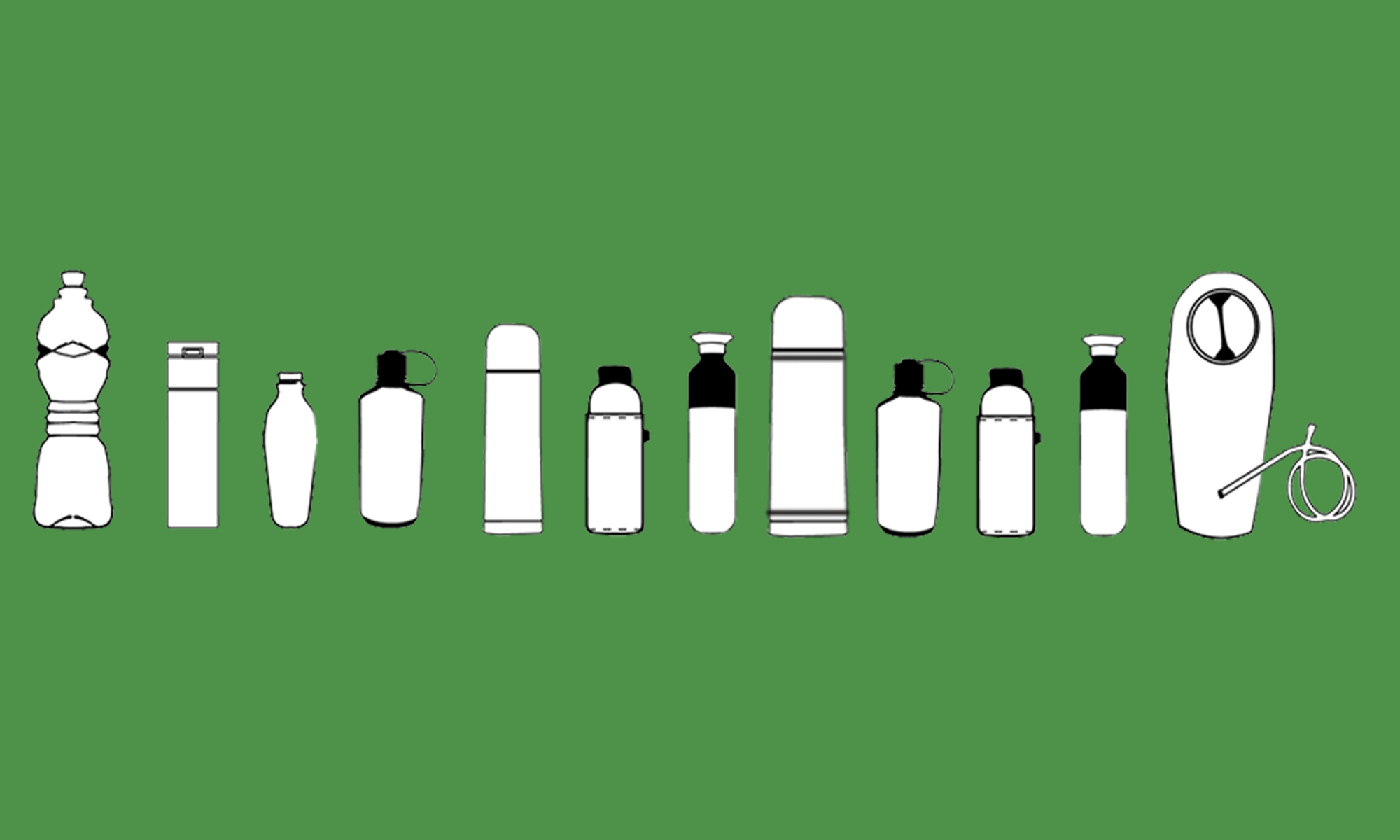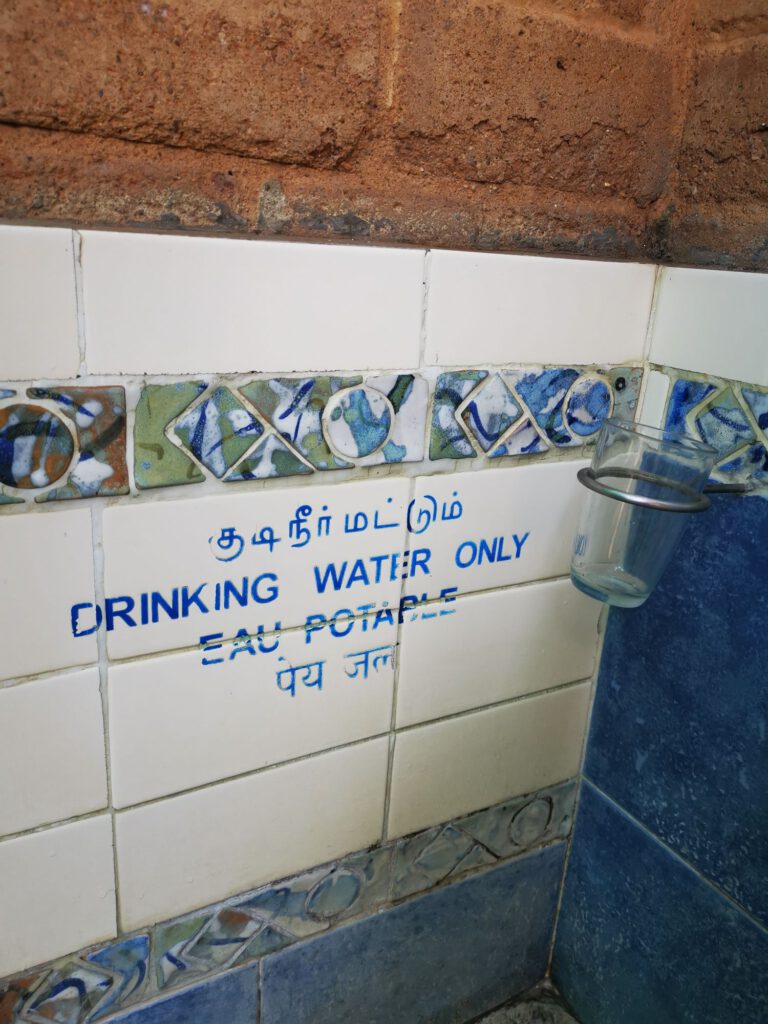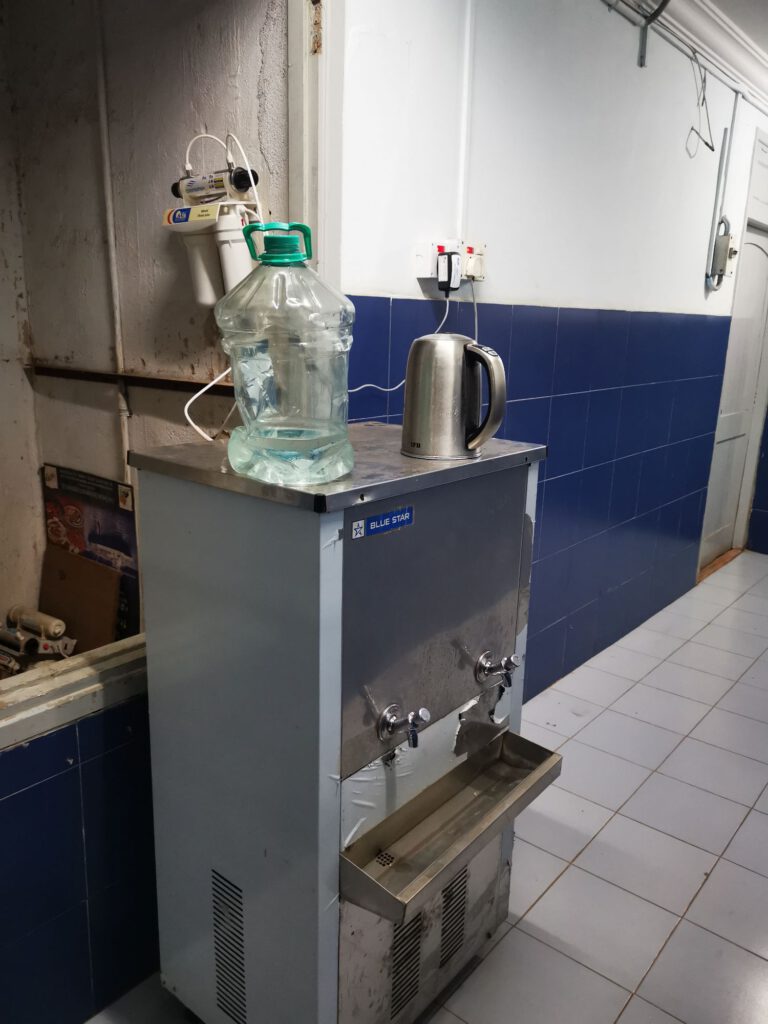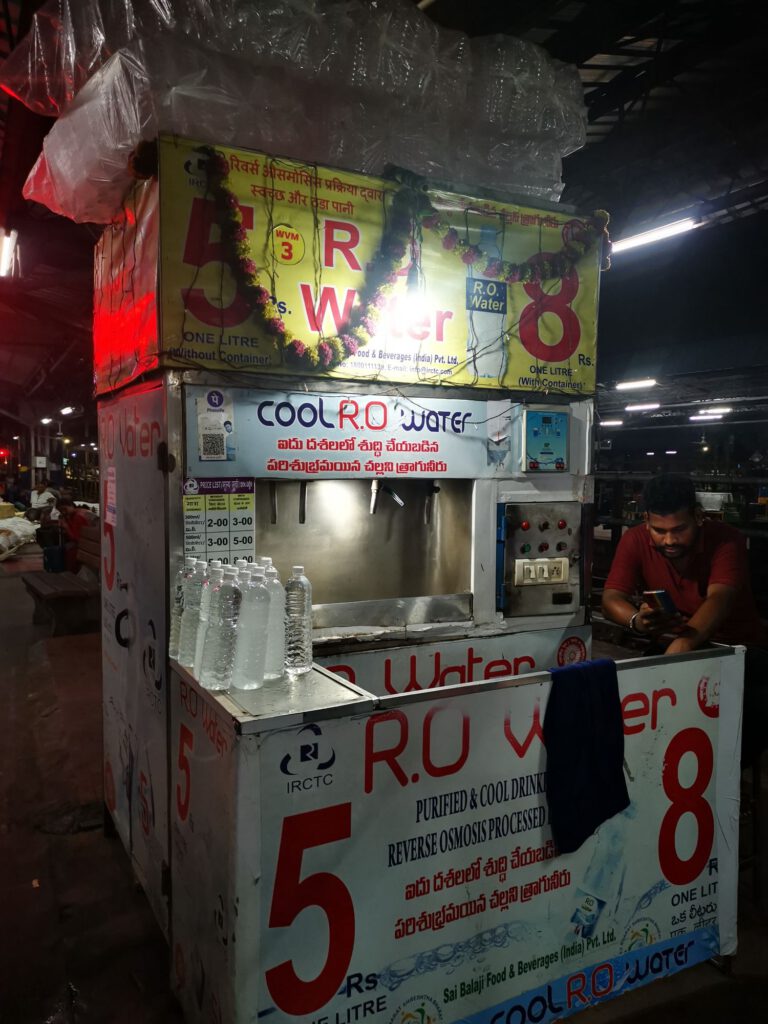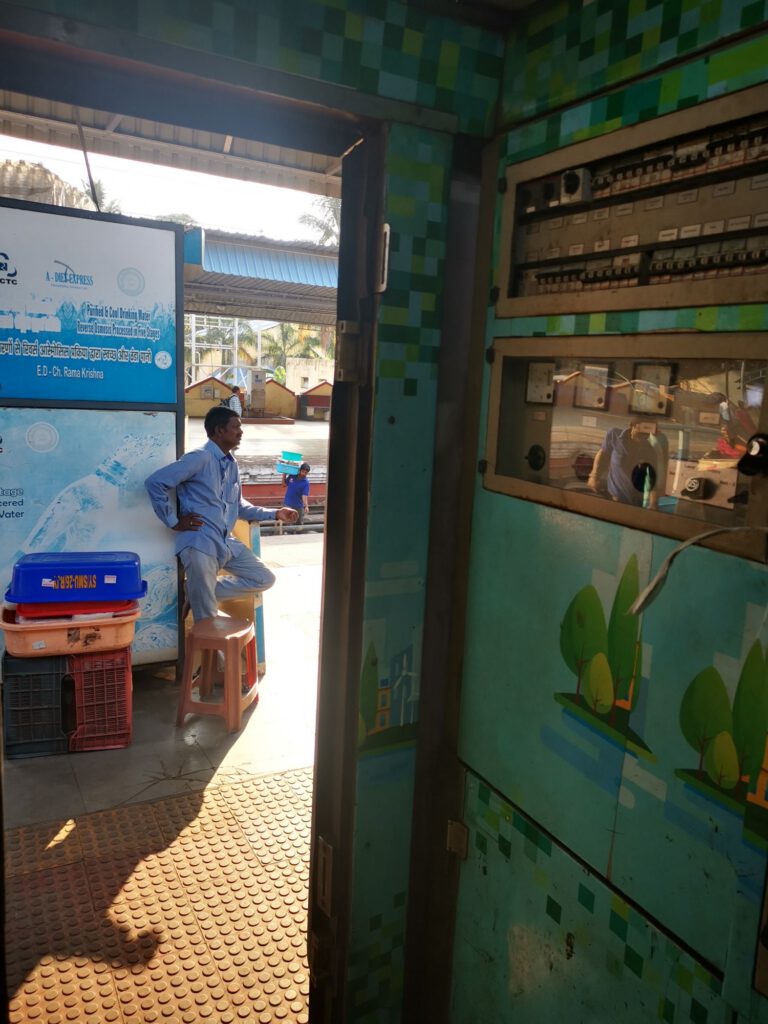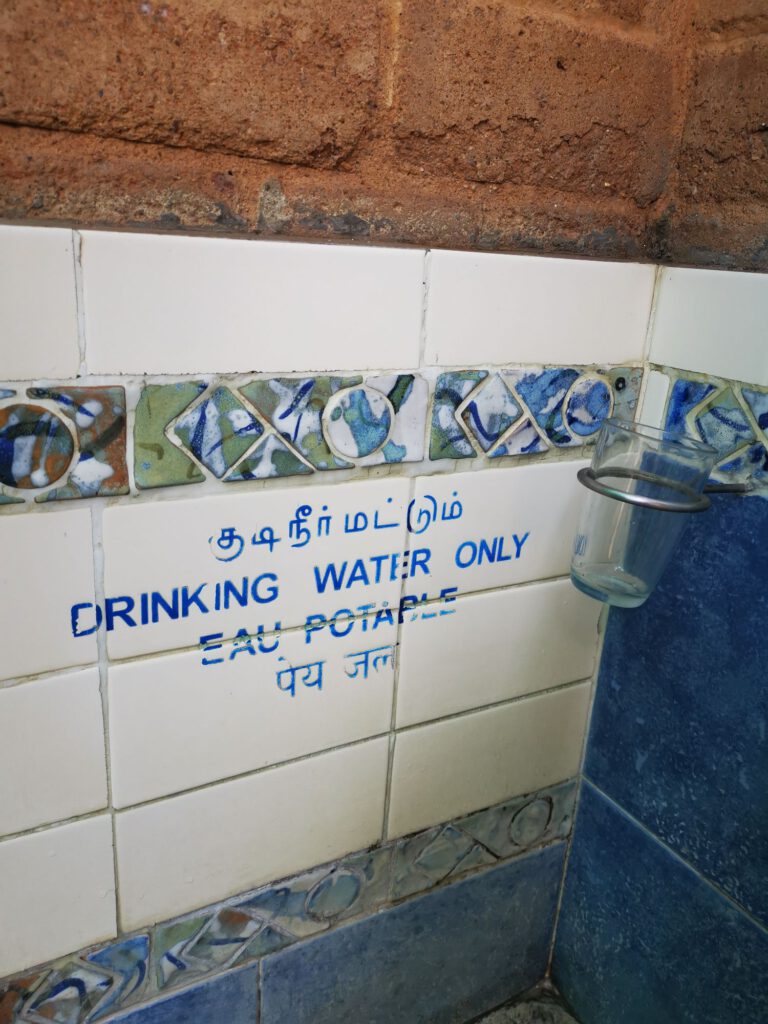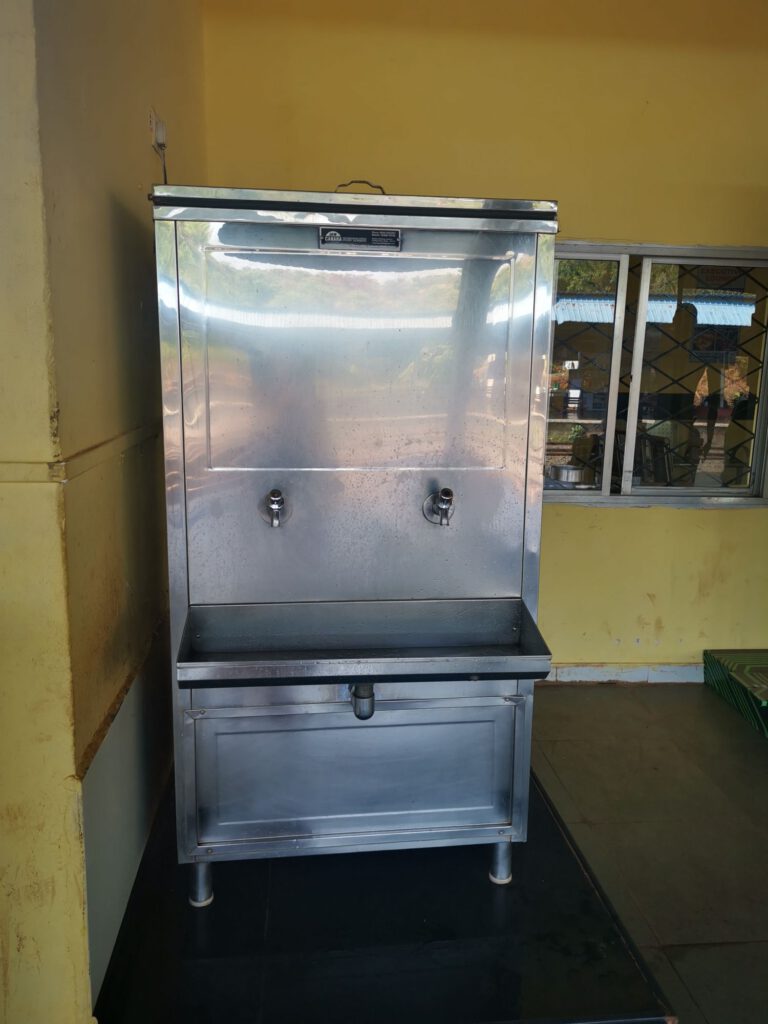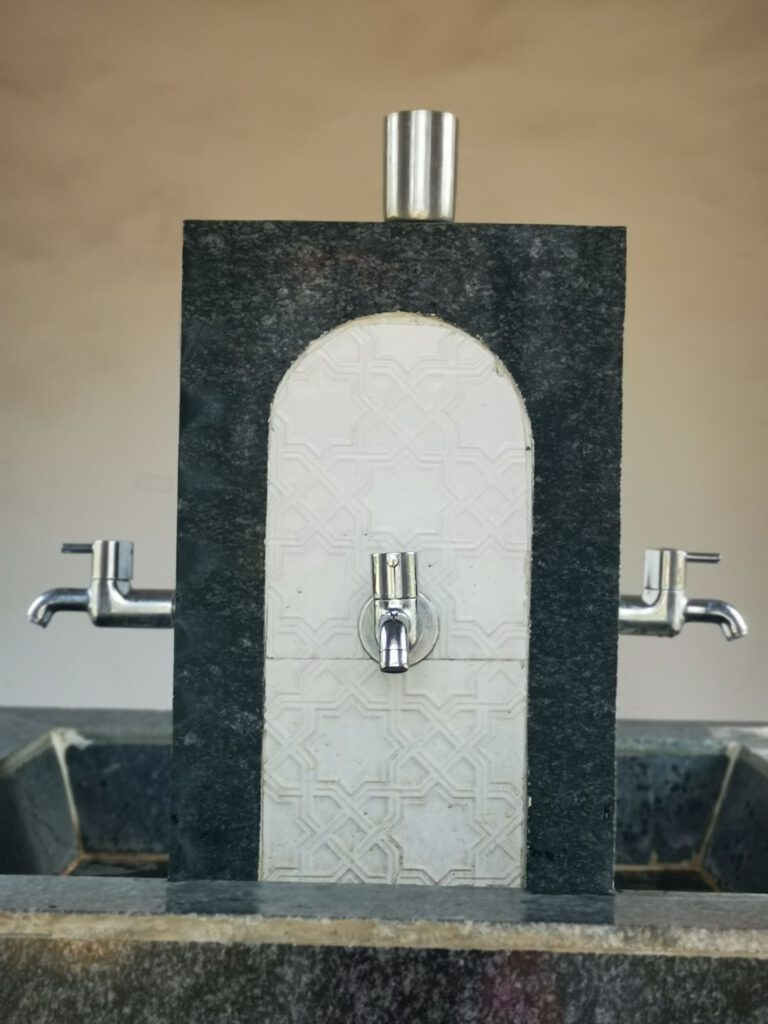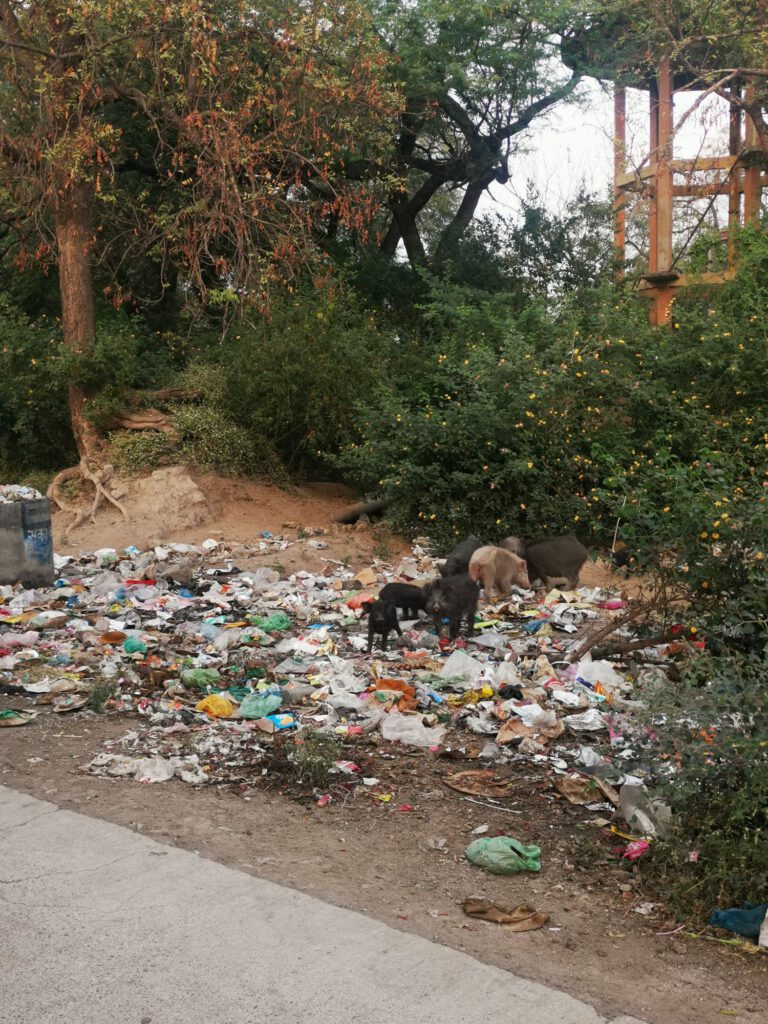Many people dream of starting an ecotourism business. What can we learn from those who already work in the field? Today we share insights from Virunga Ecotours. This travel company is focused on developing sustainable and community-centered tourism initiatives in the Virunga Massif region, Central Africa. Read the Q&A with Managing Director Francis Ndagijimana.

ABOUT VIRUNGA ECOTOURS
Refill Ambassadors (RA): If you could share just one advise for new sustainable tourist enterprises, what would it be?
Francis Ndagijimana (F): To focus on community-centered tourism.
RA: Can you give some examples of how you incorporate this?
F: We work in partnership with local communities to offer cultural experiences, such as traditional dance performances, craft-making workshops, and homestays, where tourists can learn directly from locals.
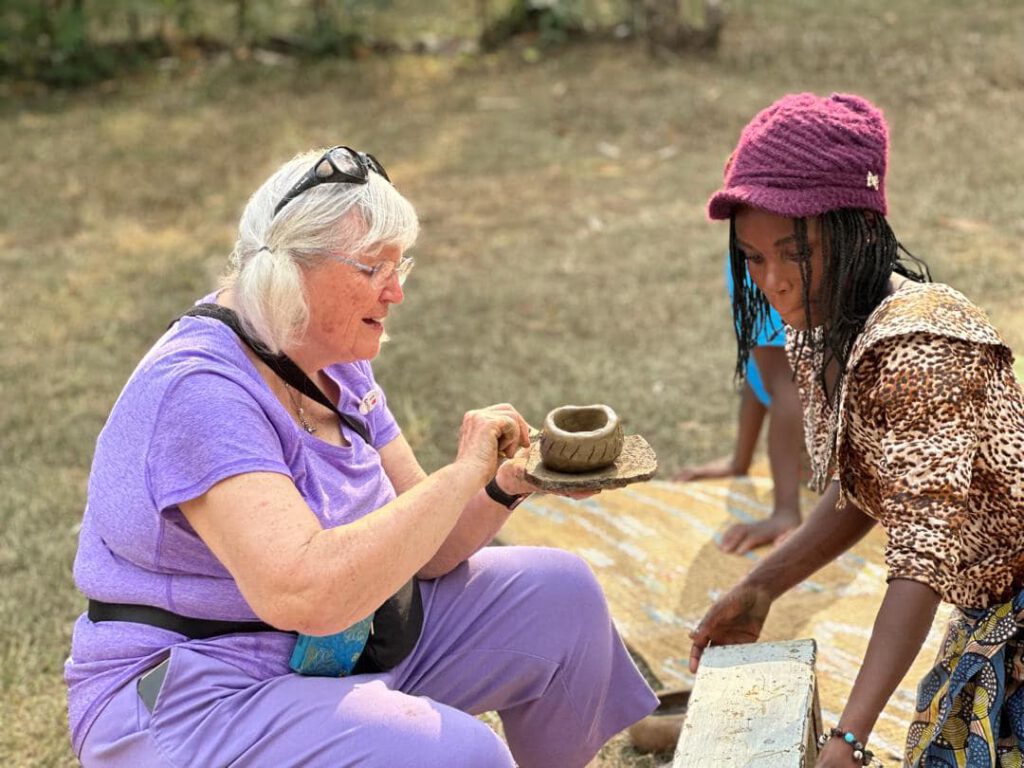
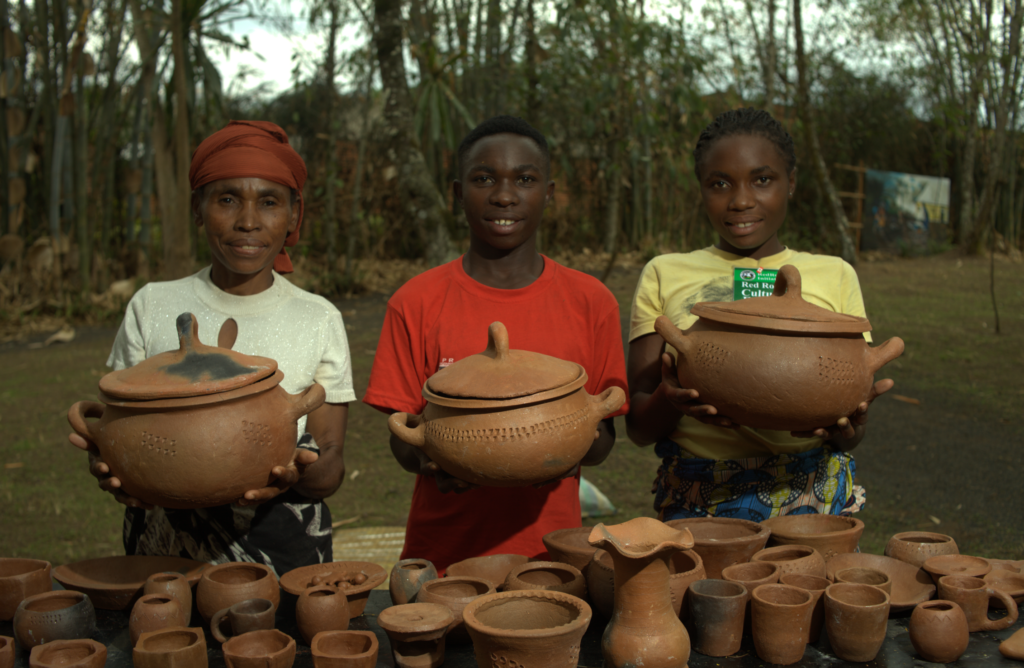
RA: That’s for sure a great experience for tourists. What do locals learn in return?
F: We’ve facilitated training programs to enhance skills, hospitality, guiding, and conservation. By creating these opportunities, we help ensure that tourism benefits the local economy directly, while encouraging environmental stewardship. For example, our Virunga Homestay initiative has enabled local families to host tourists in a sustainable manner, providing them with both income and a deeper understanding of conservation.
RA: It’s amazing that you are involving local families to run the homestay. What other sustainability actions do you take for Virunga Homestay?
F: Yes, we are committed to sustainable practices across all aspects of Virunga Homestay. We encourage local families to use solar panels for energy, which reduces reliance on non-renewable sources. For water, we’ve implemented water filtration systems to ensure safe and clean drinking water, while reducing the need for bottled water. Additionally, we support waste segregation and composting to minimize our environmental footprint. We also educate homestay hosts about sustainable practices like energy conservation, reducing plastic use, and managing waste responsibly.
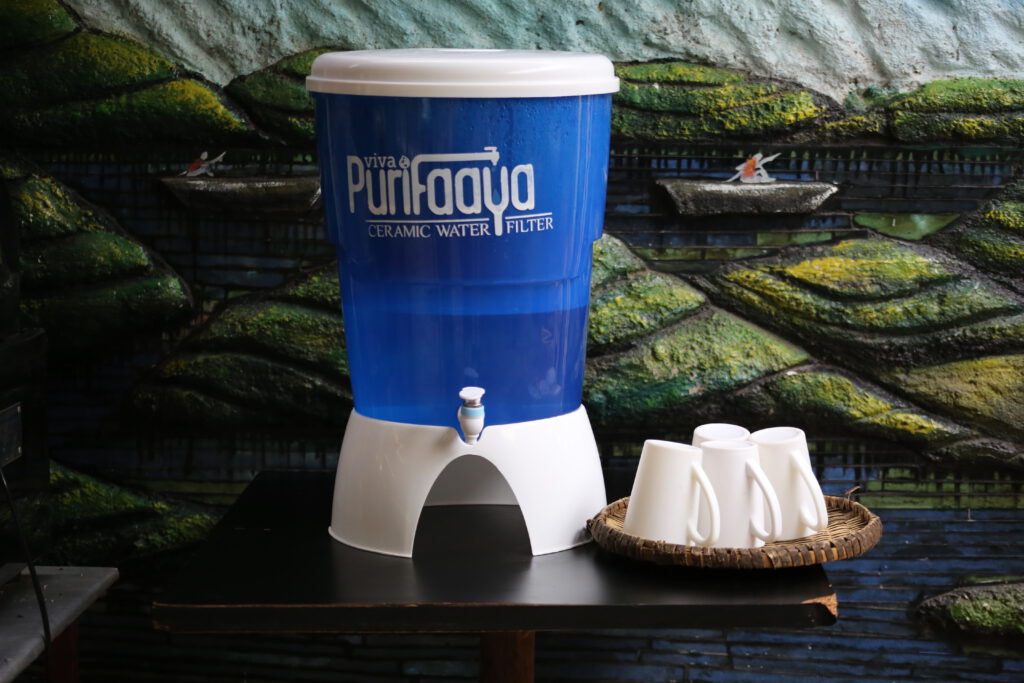
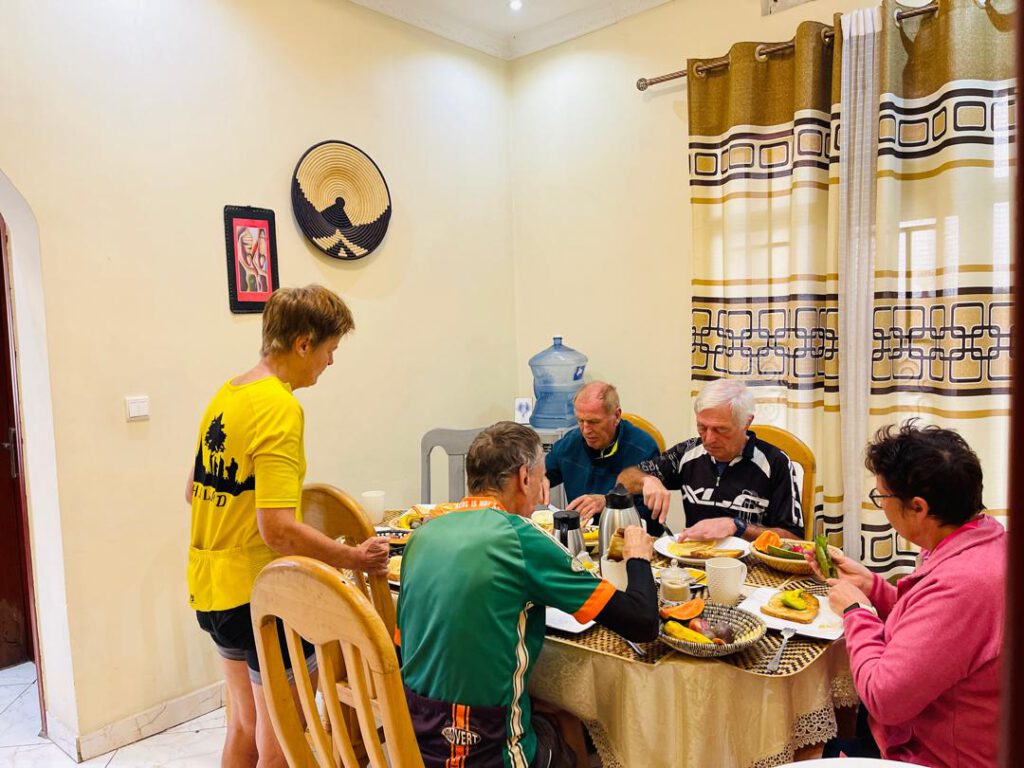
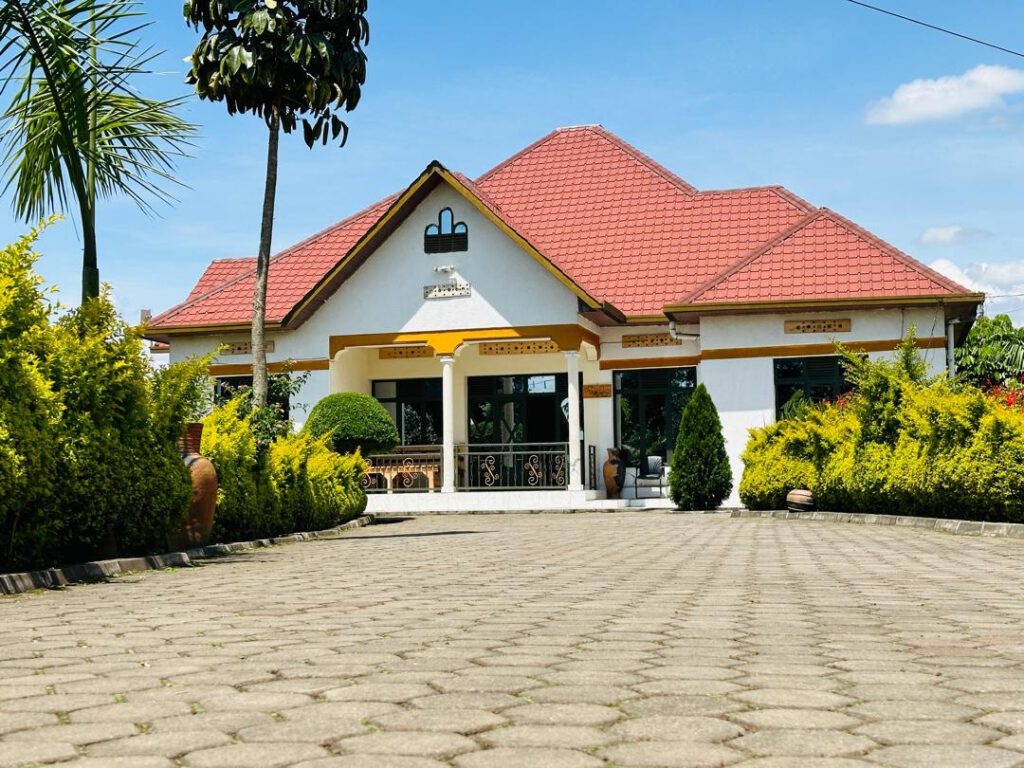
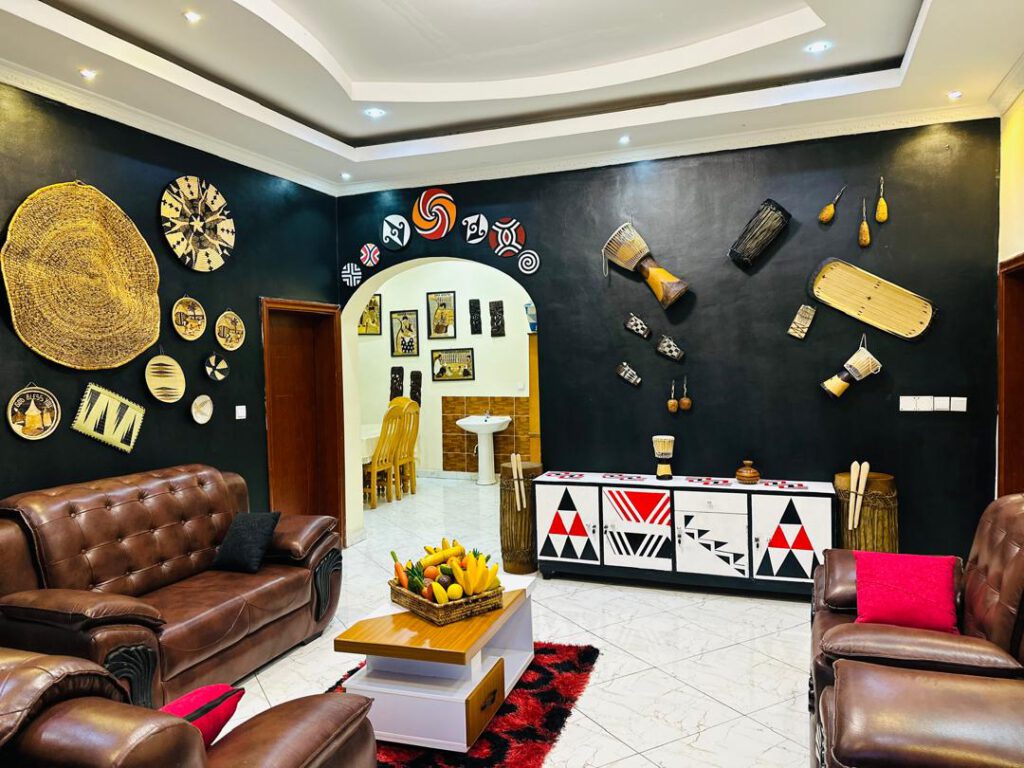
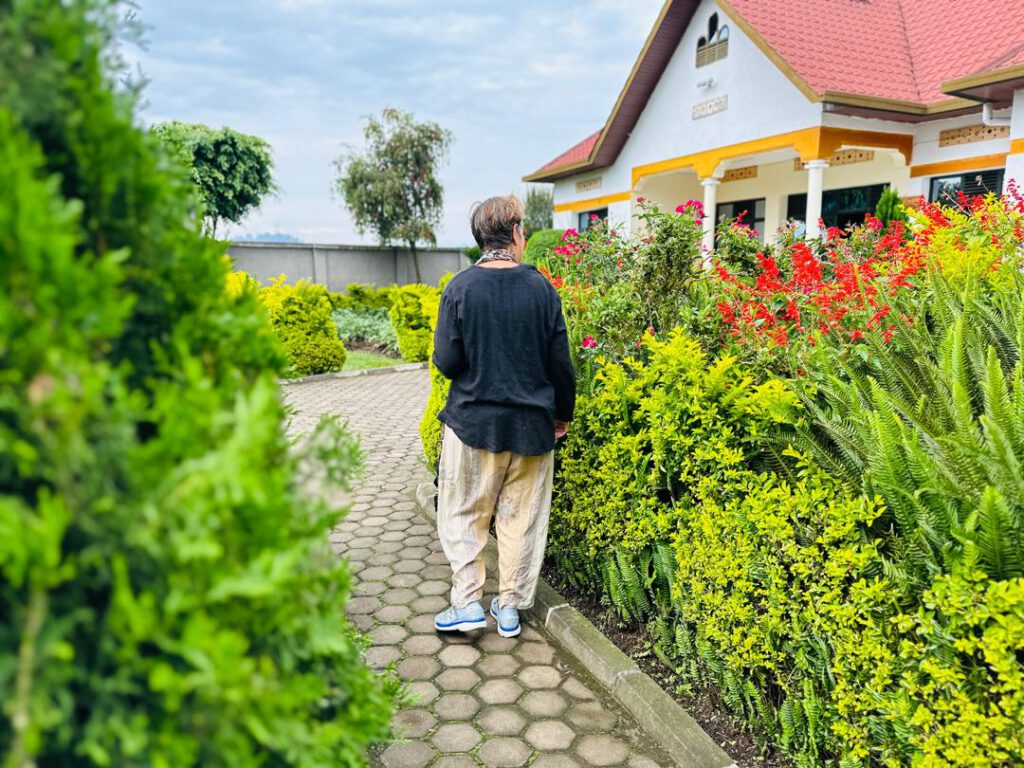
ACHIEVEMENTS IN ECO-FRIENDLY TOURISM
RA: Virunga Ecotours was established in 2017. What are you proud of so far?
F: Since our inception, we’ve been able to create sustainable livelihoods for hundreds of local families through ecotourism and community-based tourism. We’re especially proud of our partnerships with local communities and the way we have built trust and collaboration to make conservation a shared priority. We’ve also seen growth in eco-friendly tourism activities, such as gorilla trekking, cultural experiences, and nature walks, which help protect the biodiversity of the Virunga Massif.
RA: Interesting, you seem to look for collaboration instead of competition. A very different question: where is the Virunga Massif?
F: The Virunga Massif spans across Rwanda, Uganda, and the Democratic Republic of Congo. This region is home to the world’s remaining mountain gorillas. We operate primarily within Rwanda’s Volcanoes National Park, Musanze, as well as nearby areas like the Gishwati-Mukura National Park.
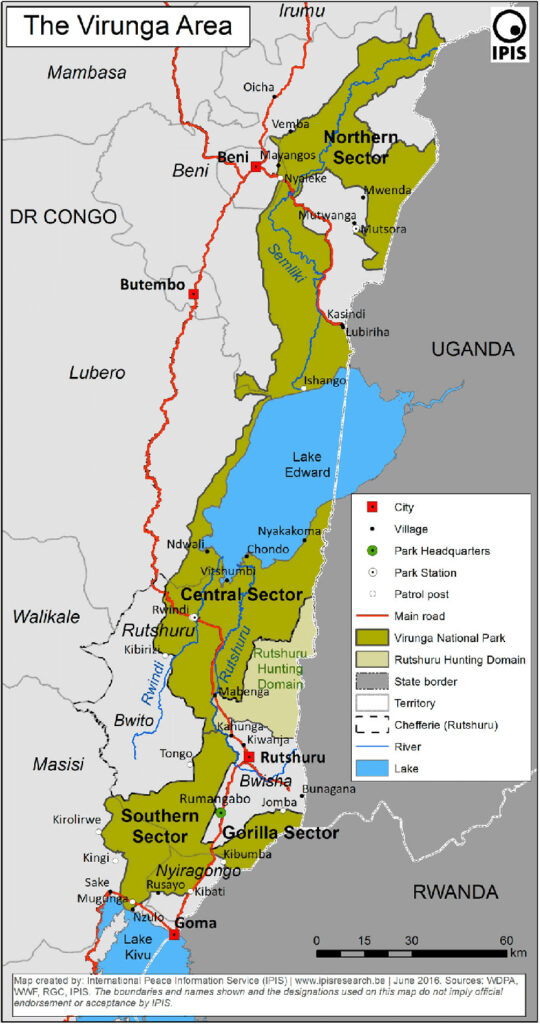
RA: We would love to go there one day. And then go biking on the volcano belt with your team! Who are your customers (the tourists)?
F: Our tourists are eco-conscious travellers, nature lovers, and those interested in cultural exchange. Many of our clients are looking for authentic, sustainable experiences that allow them to engage with local communities and enjoy the natural beauty of the Virunga region. We also cater to researchers, conservationists, and volunteers.
RA: Can you tell us more about the latter? How does this work?
F: We collaborate with research organizations, conservationists, and universities to provide opportunities for fieldwork and scientific study in the region. Volunteers, both local and international, can contribute to projects ranging from wildlife and nature conservation to community development initiatives. These partnerships help strengthen conservation efforts and provide hands-on experience for those looking to make a positive impact.
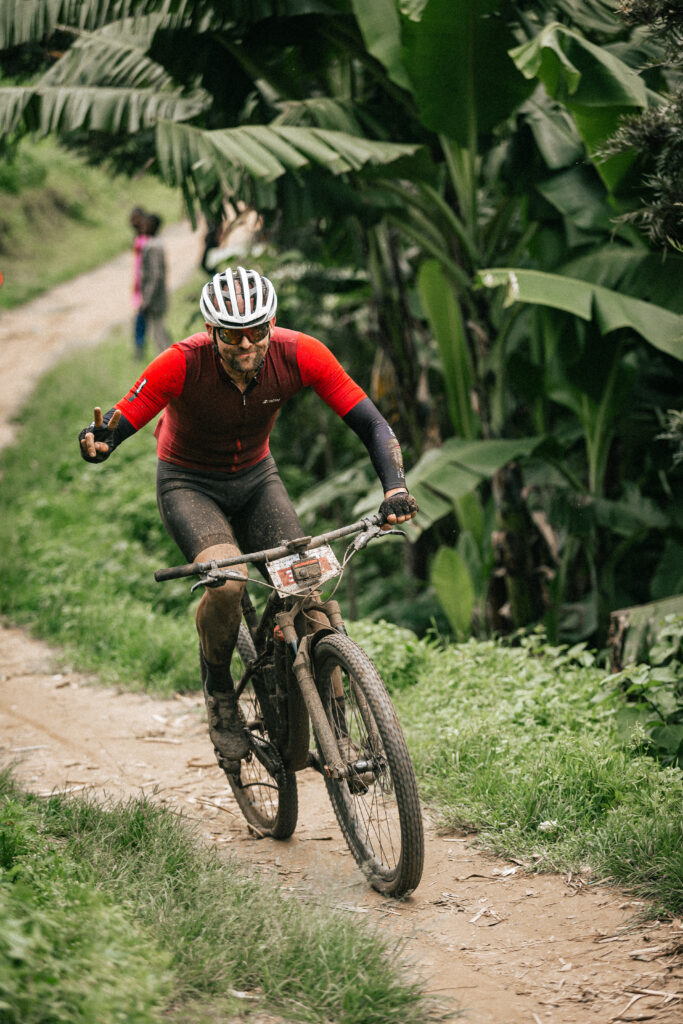
ABOUT SINGLE-USE PLASTICS IN RWANDA
RA: Many of our readers live in Europe, Asia and the Americas. Also, our own knowledge of environmental issues in Central Africa is limited. Can you explain the situation in your own country Rwanda?
F: Rwanda faces several environmental challenges, including deforestation, soil erosion, and the effects of climate change on agriculture. The government has made significant efforts to address these issues, particularly through large-scale reforestation initiatives and policies promoting sustainable land use. We’re proud to contribute to these efforts by engaging with local communities to promote conservation practices like tree planting that protect the environment while improving livelihoods.
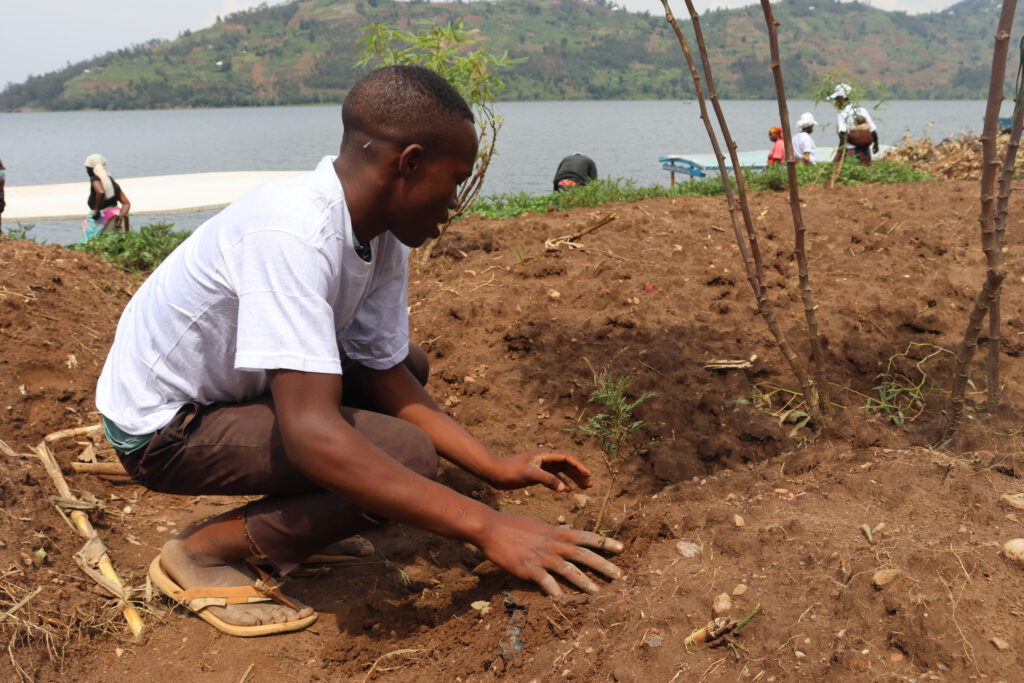
RA: Please keep continuing this practice. How are waste treatment facilities in Rwanda?
F: Rwanda has made great strides in waste management in recent years. The country’s capital, Kigali, has an organized waste collection and recycling system. While there are still challenges in rural areas, there are ongoing efforts to improve waste management practices, and many local communities are involved in waste sorting, recycling, and composting programs.
RA: How is the water quality in Rwanda? What would you advise for tourists regarding drinking water?
F: The water quality in Rwanda is generally good, especially in urban areas like Kigali. However, tap water may not always be treated to international standards in more rural areas. We advise tourists to drink bottled or filtered water, particularly in remote areas. For Virunga Homestay, we ensure that the water provided to our guests is filtered and safe to drink.
As Refill Ambassadors, we are always happy to hear about these initiatives. Because, refilling comes first! We would like to thank Francis for his clear explanations and advice.
LEARN MORE ABOUT VIRUNGA ECOTOURS
Visit the Virunga Ecotours website
Do you have more tips how to run a sustainable travel company? Please share your thoughts below.
Images for this blog were provided by Virunga Ecotours
All our blogs are composed without commissions
